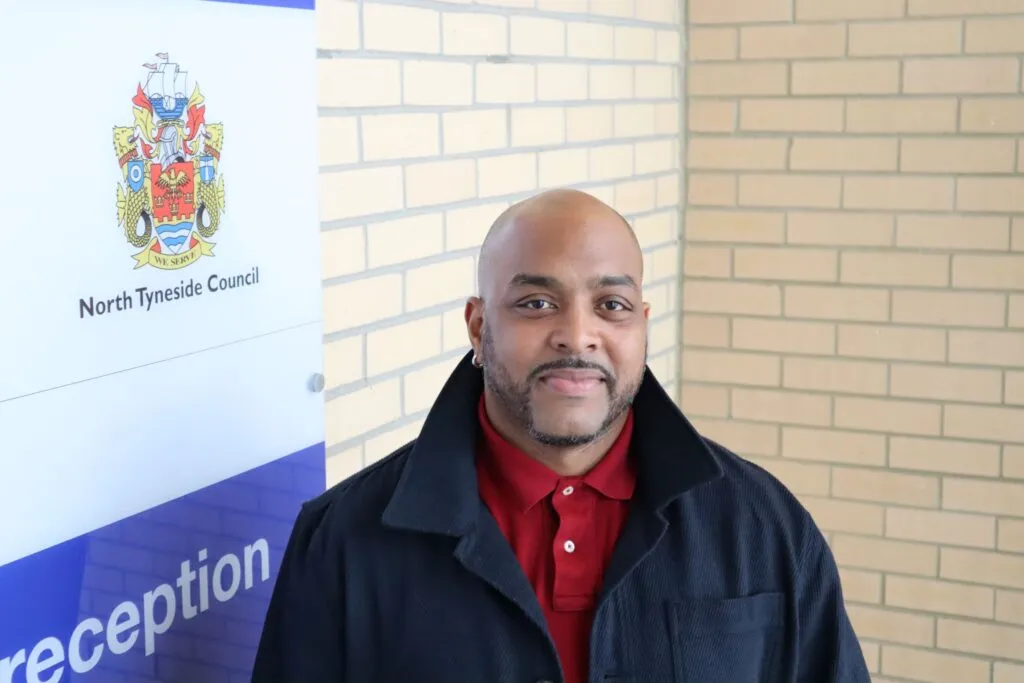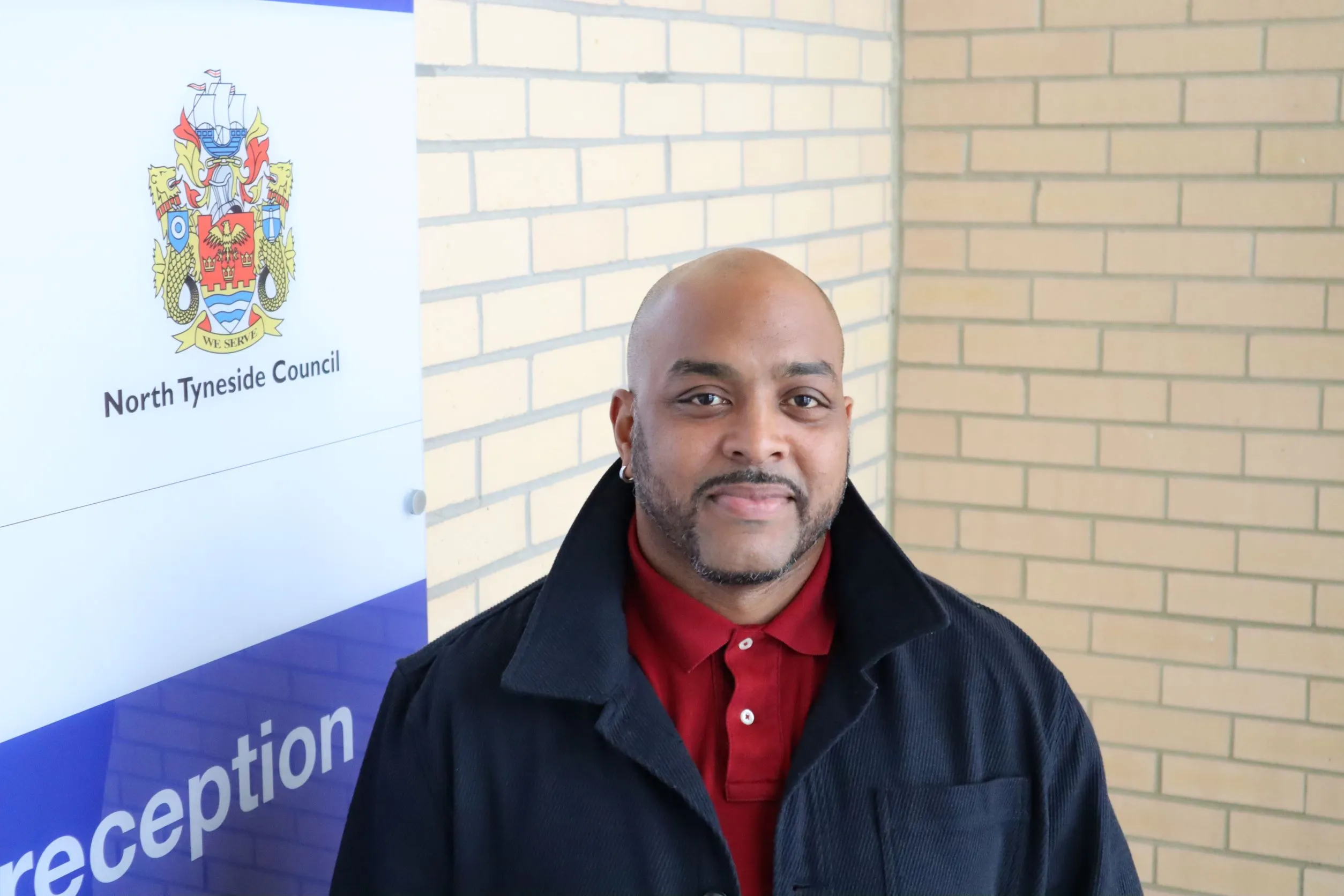Help make a difference
After seeing first-hand the care provided to his mother-in-law, Damian Martinez was inspired to make a career change and took the first steps into a rewarding career in care.
Damian now works as a Lead Practitioner in the Community Wellbeing Team at North Tyneside Council after working for eight years as a Social Worker.
Damian grew up in Trinidad and dreamt of being a police officer like his father. That changed when he was 15 and discovered a passion for rugby, a discovery which led him to move to England to play the sport professionally.
When he arrived in England, he found a role as a customer service advisor and quickly learned that he enjoyed helping people work through their problems.
Sadly, his mother-in-law became ill, and while she was receiving care, he saw for the first time the important role that social workers play when people face challenging times. It was seeing this which sparked his decision to change career.
Speaking of his transition into the care sector, Damian said: “When I saw the support the social worker gave us, I felt that I wanted to help make that difference. I set about retraining and went to Newcastle College, then to Northumbria University to study social work. I worked as a doorman while I studied, which doubled as a really good experience for developing skills to communicate with a wide range of people.”
After graduating from university, Damian took on temporary social work at North Tyneside Council and has now progressed to work as a Lead Practitioner where he leads a team of Social Workers and Community Wellbeing Officers.
In his role, he provides vital support to the residents of the borough, and no two days are the same. He said: “It would be hard to describe a typical day as my job is so varied, but that’s one thing I love about it. I may be meeting a resident for the first time and gradually building trust with them, or I may be finding out what they need to live independently. I find it very rewarding when I see people being able to live the life they choose to live.”
“Unfortunately, that can’t always be possible which can be one of the hardest parts of the role, but if I’ve had a challenging day I can drive along the beautiful coast at North Tyneside and it calms me down, looking at the sea. My new role has lots of responsibilities, I chair vital safeguarding meetings, support and supervise my staff to make sure cases are allocated properly, and I now authorise service users’ support plans to make sure they’re getting the right support.”
“My promotion gave me the confidence in myself as a practitioner and I’m proud that I can support my staff to be the best they can be by sharing my knowledge and experience.”
Social work is an extremely rewarding career and local authorities, including North Tyneside Council, have training and support in place to support trainees and those looking to develop into the career.
Damian’s advice for people considering a career in care is “I hope that more people will consider careers in care, you just need an interest in people and to have their best interests at heart – the rest of the skills you need you can learn in training. If you crave job satisfaction and being the voice for service users, a job in Adult Social Care at North Tyneside is the job you’re looking for.”
Who we are & what we do
The Adult Social Care service in North Tyneside supports people aged 18 years or over who are vulnerable or at risk. This includes:
- Older people
- People with physical disabilities
- People with learning disabilities
- People with mental health needs
- People who are having difficulty with their hearing or sight
- Young people and adults who care for relatives or friends
We work with our partners, like the NHS, to think about what types of support local people may need now and in the future.


